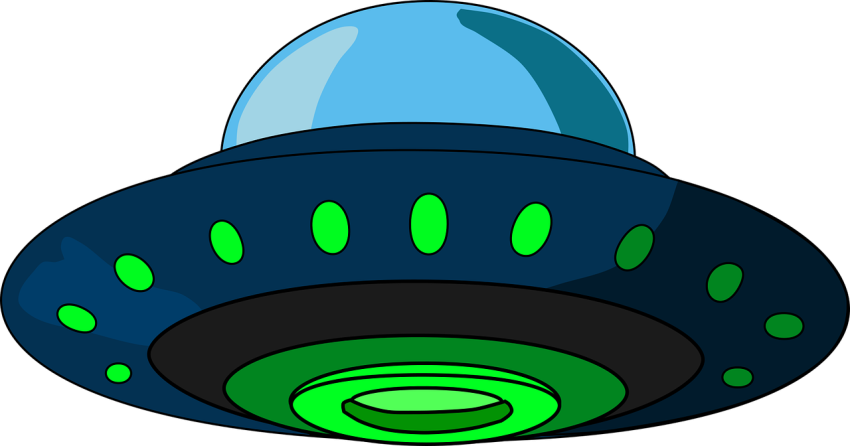Rick & Morty

The hit sci-fi cartoon Rick and Morty became a household name soon after its initial release. Both fans and critics fell in love with the show as evidenced by the high ratings given by both sides.
Everyone seems to enjoy following the wacky adventures of the grandfather and grandson duo, but another thing, which captivates one’s attention is the philosophical undertones of each and every episode. This is why we want to explore the philosophy of the show itself.
Inspiration for the Show
Rick and Morty started off as a parody of the famous movie Back to the Future. It was initially called The Real Animated Adventures of Doc and Mharti. This show was supposed to be an Internet gimmick, but it was well-received by the audience and thus Justin Roiland and Dan Harmon decided to transform it into the sophisticated Rick and Morty.
The Basics
Rick and Morty builds on the sci-fi tradition of films like Back to the Future, Jurassic Park and Alien and often references them. The show explores complex scientific concepts and mixes them with unbelievable adventures, but the spirit of the show differs significantly from the movies it pays homage to.
Rick and Morty’s adventures are fun, because they always present us with new interesting inventions, weird alien races, or ridiculous events, all of which are born of the exploration of the infinite universe. However, many viewers are left with a bad taste in their mouths when they think about the philosophical implications of the lovable duo.
Cosmic Horror

The idea itself that the universe is infinite begs the question of – what’s humanity’s role in it? Author H.P. Lovecraft gives an explicit answer – none. Lovecraft views existence in cosmic terms whereas humanity is merely a cosmic event that bears no significance to the universe, a passive (temporary) player.
Moreover, humans cannot comprehend their insignificance, their own limitations, and whenever they encounter higher modes of being, they are left feeling horror – horror of the unknown and of the impossibility to know. This is called cosmic or Lovecraftian horror.
Rick and Morty can, in the broadest terms, be described as one:
- Lovecraft said that he chose cosmic horror to violate ‘the galling limitations of time, space, and natural law which forever imprison us.’ Roiland and Harmon do this every episode to explore what would happen when they do.
- Lovecraftian higher beings exist in Rick and Morty. The ‘Get Schwifty’ episode shows aliens on their way to destroy Earth if it fails to win a singing competition on their planet. They cannot be defeated, so the people obey and create a catchy song. The aliens don’t hate the humans, they are just indifferent to them and their suffering.
- Rick also plays the role of a cosmic entity. In ‘The Ricks Must be Crazy’, it’s revealed that his car battery a mini universe with beings whose sole purpose is to generate power for the battery. They’re later revealed to do the same with other smaller beings, and the cycle goes on.
- Morty is the Lovecraftian protagonist who encounters this cosmic horror, while traveling to distant planets and other universes, and is terrified by the fact he cannot make sense of anything. He grapples with his own insignificance, but he later seems to accept this predisposition and goes along with it.
Neuroexistentialism
Another issue explored in the show is the role of science in search for life’s meaning. With the progression of science and especially neuro-biology, people come to the realisation that their actions are mostly biological (e.g., ‘love is a chemical reaction’). There is no intrinsic meaning or higher purpose.
In contemporary philosophy, this is known as neuroexistentialism. Rick embodies this view and ‘comforts’ Morty with it whenever his grandson tries to lecture him on ethics. Rick doesn’t experience existential dread, because he knows what existence is – nothing.
This idea is even more significant when the viewer is reminded that multiple Rick’s and Morty’s exist, and that they sometimes replace each other. In ‘Rick Potion #9’, Rick and Morty look for a similar universe to theirs and bury their alternate-selves in the backyard. That’s when Morty experiences a big transformation and begins to adopt some of Rick’s principles.
However, Morty is still not a Rick as he tries to grapple with this event. He tells Summer about it, and in his attempt to dissuade her from leaving home, he tells her the iconic ‘Nobody belongs anywhere, nobody exists on purpose, everybody’s gonna to die. Come watch TV.’ This line brilliantly captures the neuroexistentialist nature of being and the absurdism that can come with it.
Still, although there are infinite versions of Rick and Morty, which implies the little significance of their lives, the show gave itself a little leeway. In ‘The Rickshank Rickdemption’, it’s revealed that Rick and Morty from universe C-137 are the Rickiest Rick and the Mortyest Morty as they embody the most authentic qualities of the duo.
They are on top of the Rick and Morty hierarchy, and their authenticity leads to the conclusion that they are significant in some way. They are also the duo we tune in to watch. See, it’s not that depressing!
Conclusion
Despite this whole analysis, the show does not necessarily tell the viewer what the answer to any question is. Even more importantly, Rick and Morty creates these complex ethical conundrums to make the viewer contemplate.
How would you feel if you found out you were a decoy of an actual living person? Do memories make the human experience and do they matter if this experience occurred in a simulation? Who is the most authentic you if you exist in an infinite number of universes?
As Morty says, ‘Come watch TV’ to find out!